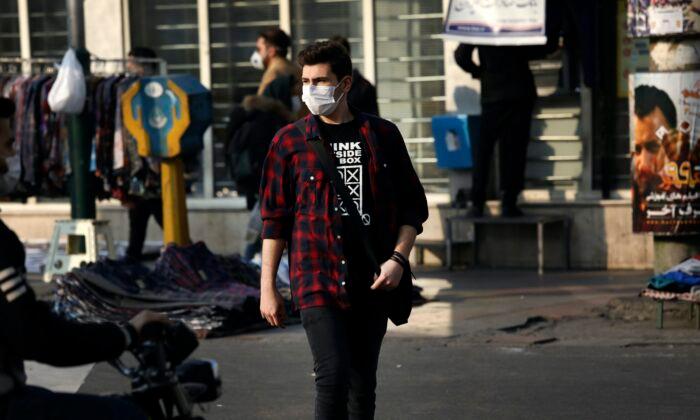Health authorities in Australia announced the country’s first cases of person-to-person transmission of COVID-19 on March 1.
He has not traveled overseas for three months, the health minister noted, but added that NSW Health is now working to determine what contacts he may have had and how he may have contracted the virus.
“There are no indications anyone else has contracted it from the doctor but NSW Health is taking every precaution,” he said.
The second is a 41-year-old woman who it appears may have contracted the virus from her 43-year-old brother who was diagnosed with COVID-19 after returning from Iran. She has not traveled to Iran but was in close contact with her brother, the health minister said.
Hazzard added that it was “particularly concerning” to have these two cases on NSW soil and advised the general public to be “cautious but not alarmed,” and to wash their hands if they have been in a public space as “coronavirus doesn’t have a long life on objects but it certainly has a life.” All new cases are being treated at Westmead Hospital in Sydney’s west.
NSW Chief Health Officer Dr. Kerry Chant, who joined Hazzard at the press conference, said authorities in Australia remained vigilant and are doing “lots of testing.”
She added that the new case involving the health worker raises concerns over whether a case may have been missed in NSW, but reassured the public that there is no widespread transmission in the state.
“We have to remain vigilant but even if occasional cases are missed, if people practice good hygiene, do common sense things, then the likelihood of transmitting it, even if someone is unaware they had it, is reduced,” she said.
This marks the first case of person-to-person transmission of the disease as the previous 28 Australian cases were people who were infected while they were traveling in China, Iran, or onboard the Diamond Princess cruise ship in Japan.
Prime Minister Scott Morrison also announced the country has extended its travel ban to March 7, forbidding foreign nationals from entering the country from mainland China for a further week to protect Australians.





